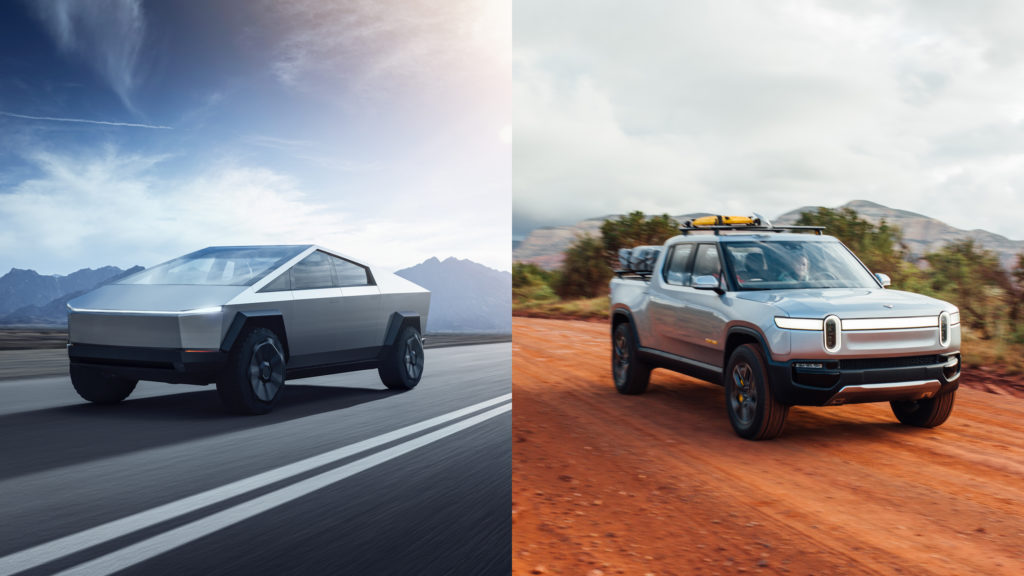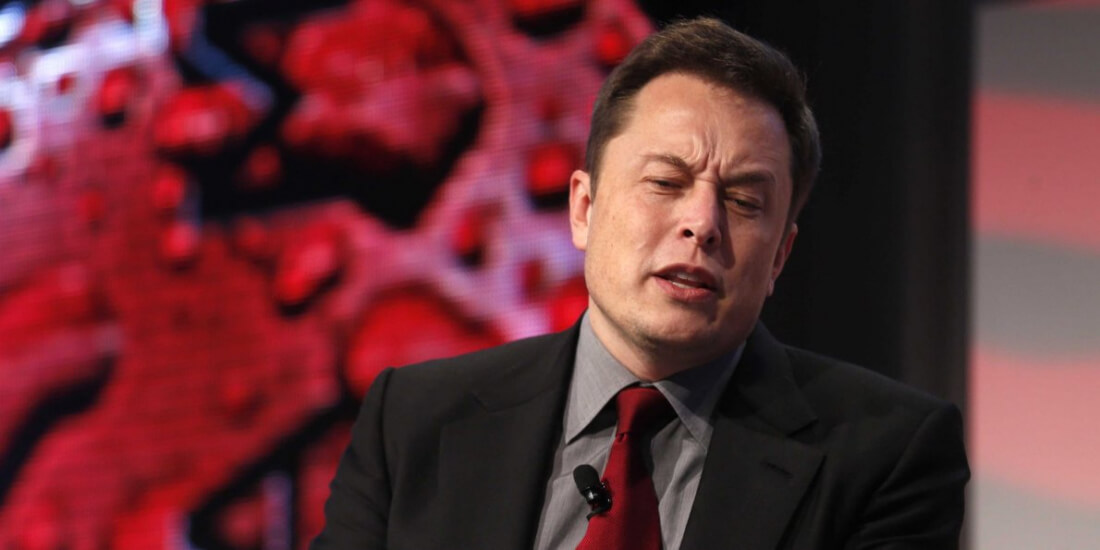In a claim denied by Rivian, the company is being sued along with four former employees by Tesla for allegedly stealing trade secrets after being hired by the electric pickup truck startup. Tesla also claims there are two other former employees that will be added to the lawsuit who allegedly “misappropriated Tesla trade secret, confidential, or proprietary information.” Tesla originally brought up these claims to Rivian’s general council but was unhappy with its response resulting in the California based company filing the lawsuit.
Tesla has been vigorously seeking out start ups who are hiring its former employees over the course of the past year. Employees that the California based company alleges will bring inside information with them. This is not the first time we have seen these claims from Tesla. Currently the company has an ongoing lawsuit against former employees working at Xpeng, claiming its Autopilot source code was stolen by said former employees.
In addition to the Xpeng lawsuit, Tesla claimed self-driving startup Zoox stole logistic secrets. Since the lawsuit was filed, the self-driving startup settled and agreed to pay Tesla an undisclosed amount. Zoox also agreed to make sure it is not using any Tesla trade secrets by performing an internal audit. Now Rivian will be added to the list of start ups Tesla is suing.
In a new lawsuit filed in California this week, Tesla wrote “Rivian is knowingly encouraging the misappropriation of Tesla’s trade secret, confidential, and proprietary information by Tesla employees that RiVian hires. In about the past week, Tesla has discovered disturbing pattern 0f employees who are departing for Rivian surreptitiously stealing Tesla trade secret, confidential, and proprietary information—information that is especially useful for startup electric vehicle company. And Rivian encourages those thefts even though Rivian is well aware of Tesla employees’ confidentiality obligations. In fact, 13 Rivian recruiters are from Tesla, and they themselves are still subject to Tesla’s confidentiality obligations.”
The lawsuit includes 4 of Tesla’s former employees. Two of which were recruiters for the company, Tami Pascale and Kim Wong. Tesla claims the employees downloaded documents regarding mass production and sales, in addition to pay scale information. “Tesla investigators discovered the misappropriation and interviewed Pascale by phone on July 6, 2020. Pascale falsely denied taking any documents from Tesla. When pressed, she continued her denial, claiming to only have taken personal documents. Only after investigators confronted her with specific documents she had taken, Pascale finally confessed to taking the confidential and proprietary documents.”

In one portion of the lawsuit, Tesla claims that they have proof that a former Tesla recruiter who is now employed by Rivian was instructed to get specific documents from Tesla. Tesla also claims one of the recruiters hired by Rivian kept her work laptop and refuses to give it back. “On July 7, 2020, after her conversation With Duran and the same day that Wong received an update on her background check by Rivian, she sent at least sixteen highly confidential and trade secret recruiting documents from Tesla’s network to her Gmail account, including various guides and templates developed by Tesla—the very types of documents that Duran had instructed her that Rivian needed.”
Jessica Siron, another defendant involved in the lawsuit, was an EHS manager at Tesla. She recently left to take on the position of director of EHS for Rivian. Tesla claims that she stole documents related to manufacturing projects as well as refusing to remove said documents from her personal cloud. “These documents consisted of highly sensitive trade secret, confidential, and proprietary engineering information about manufacturing project management, controls specifications for manufacturing equipment, specifications regarding manufacturing robotics, and manufacturing equipment requirements. These documents would be used rarely, if at all, by Siron as manager of Environmental Health and Safety, yet she exported them shortly after accepting her offer at Rivian.”
The final defendant is Carrington Bradley. Tesla claims that Bradley used his internal information to recruit essential employees for Rivian. Tesla stated in the lawsuit “Defendant Carrington Bradley worked at Tesla as Manager for Charging Programs until he left for Rivian on March 20, 2020. Mr. Bradley’s role at Rivian is Senior Manager for Charging Development—presumably to build charging network for Rivian to mimic Tesla’s Supercharger network.” Adding “On March 19, 2020, the day before he left Tesla to go to Rivian, Bradley forwarded to his personal email address list of highly curated select group of high-level Tesla employees Who are experts in the deployment and management of charging networks—precisely the type of team Rivian needs to deploy its own charging network. The information would allow Rivian to target for recruitment the members of that group, which is responsible for the selection, deployment, and management of Tesla’s global Supercharger network.”
You can read the entire lawsuit against Rivian here.

